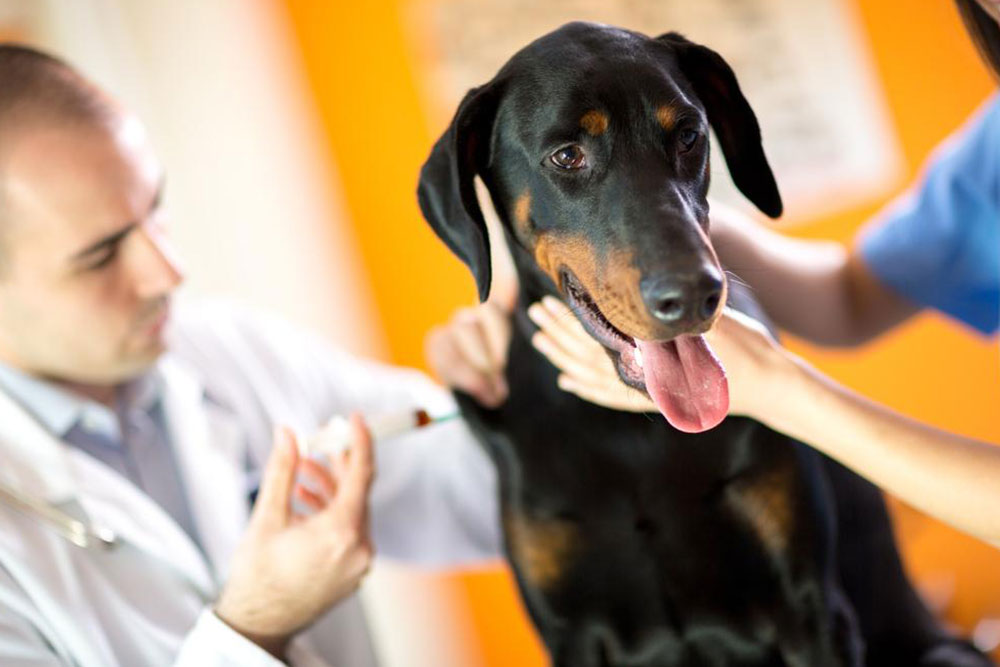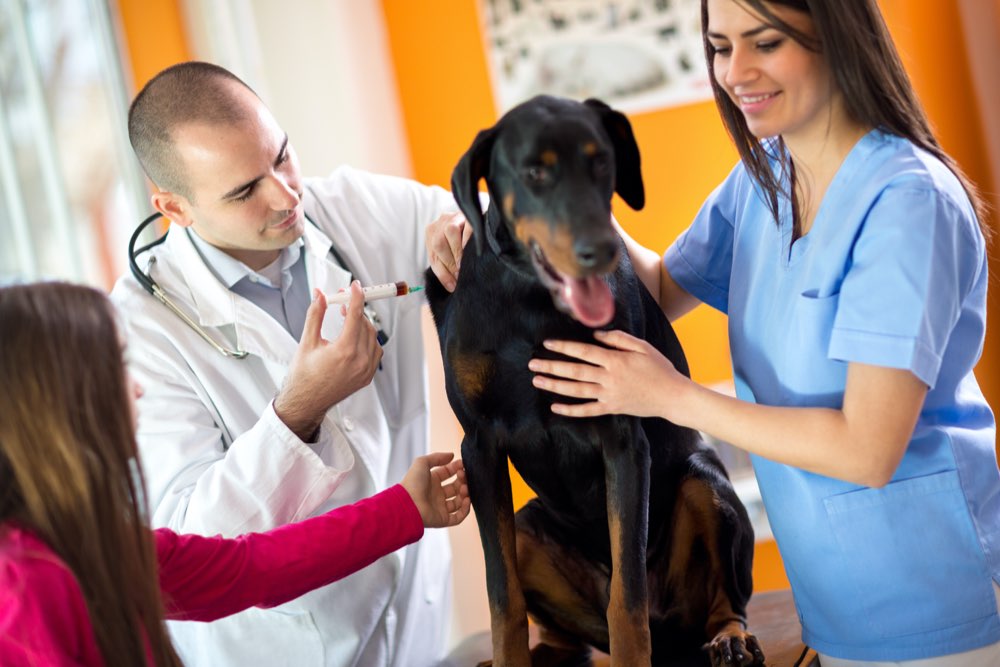Dog Poisoning Symptoms: How to Recognize and Act Quickly
Learn to recognize the key signs of poisoning in dogs, including neurological, gastrointestinal, and cardiac symptoms. Immediate veterinary attention is crucial if poisoning is suspected. This guide highlights common toxins, symptoms, and the importance of swift action to ensure your pet's safety.

Animals can encounter numerous toxins, resulting in a range of poisoning indicators. Typical symptoms include vomiting, diarrhea, seizures, blood in stool, sluggishness, decreased appetite, bruising, nosebleeds, urination problems, and abnormal heart rhythms.
Keep an eye out for these specific signs of poisoning:
Overproduction of Saliva
Often a response to nausea, which might cause foaming at the mouth.
Reduced Appetite
Changes in eating behaviors can signal underlying health issues.
If your pet refuses food and shows other symptoms, seek urgent veterinary help.
Coordination Issues
Could suggest neurological effects from toxins, causing unsteady movements or dizziness; substances like xylitol in treats can trigger this.
Poisoning manifestations differ based on the toxin:
Neurological Symptoms
Linked to poisons such as strychnine, tobacco, medications like aspirin, antidepressants, alcohol, marijuana, insect repellents, cleaning products, and certain plants like horse chestnuts and buckeyes.
Cardiac Issues
Irregular heartbeat may be due to ingesting oleander, milkweed, jimson weed, or mountain laurel.
Bleeding and Anemia Signs
Bruising, nosebleeds, blood in stool often come from exposure to rat poisons, garlic, onions, sweet clover, or bracken fern.
Digestive Problems
Vomiting, diarrhea, or loss of appetite may result from eating trash, toxic houseplants (e.g., holly, English ivy), chocolate, snake bites, or harmful chemicals.
Renal Damage
Symptoms like urination issues can arise after consuming caladium, pigweed, Easter lily, or philodendron.
Liver Impairment
Caused by drugs such as acetaminophen or plants like tansy and rattlesnake root.
Important Note: Our blog shares helpful advice, but should not replace veterinary expertise. Always seek professional care for health concerns. The information may vary, and the site is not responsible for errors or unlisted remedies. Prioritize expert guidance for your pet’s well-being.


